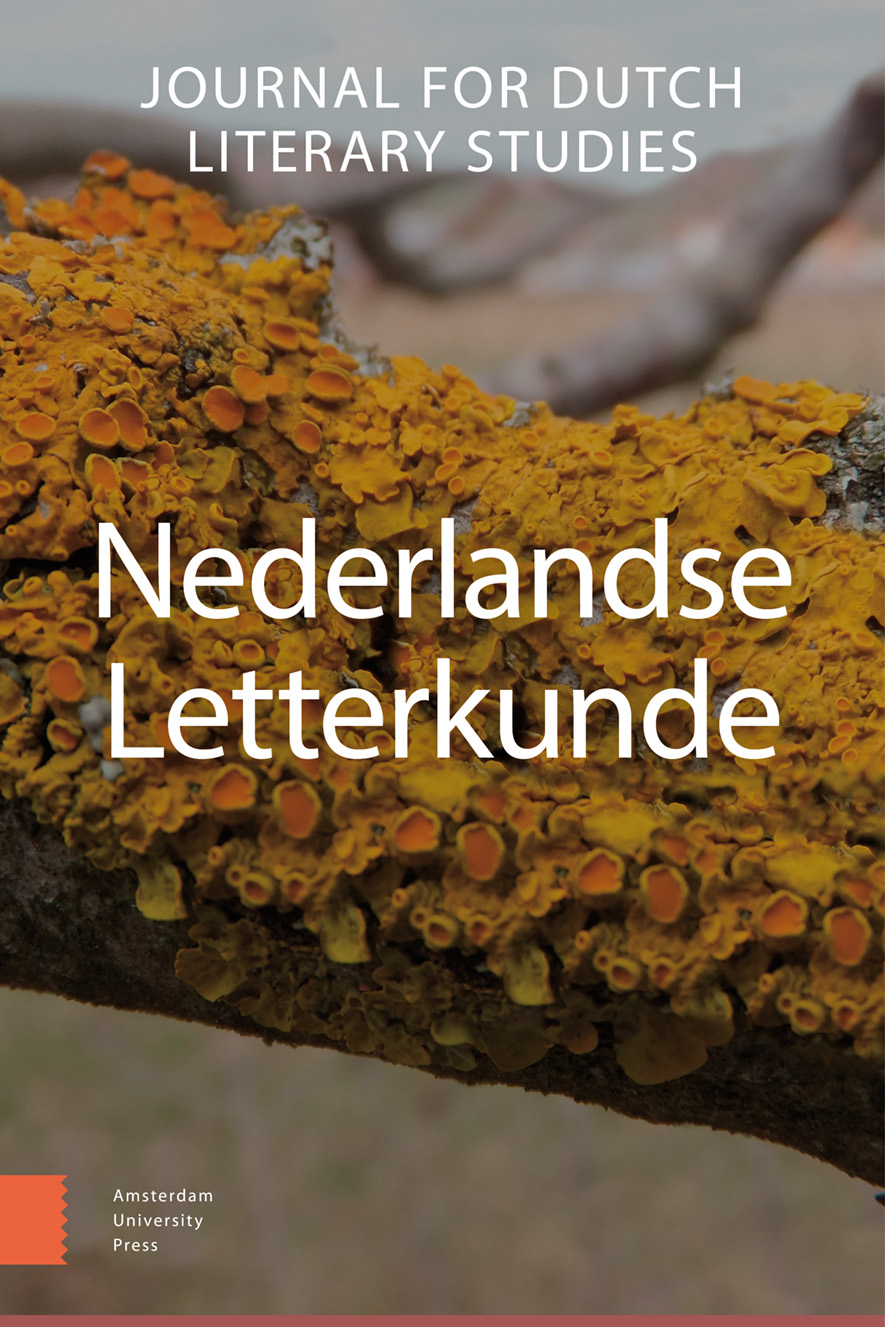
Full text loading...
We use cookies to track usage and preferences.I Understand
The Rose-Cassamus is an adaptation of the Old French Vœux du paon in the seemingly love themed Rose-codex. Because love in medieval courtly literature is not a consistent dogma, an examination of the work’s love conception can shed light on both the development of the ideology of love in courtly Middle Dutch literature and the text’s relation to the larger Rose-codex. The traditional relationship between prowess and love seems central, but is socio-politically framed. Love enhances the knights’ prowess, but their main motivations are provided by social obligations. As such, love seems to function as an ideal for the individual to aspire to with the aim to contribute as best as possible to the preservation of the (courtly) society. In light of this, love is portrayed as more unambiguously positive by rejecting its traditional link with suffering. The text’s disinterest in the personal and sensuous aspects of love further reinforces its conception of love as a more abstract ideal. Even traditionally less positive characters, such as the old lover, seem sympathetically portrayed as exemplars of the positive social influence of love.

Article metrics loading...

Full text loading...
References


